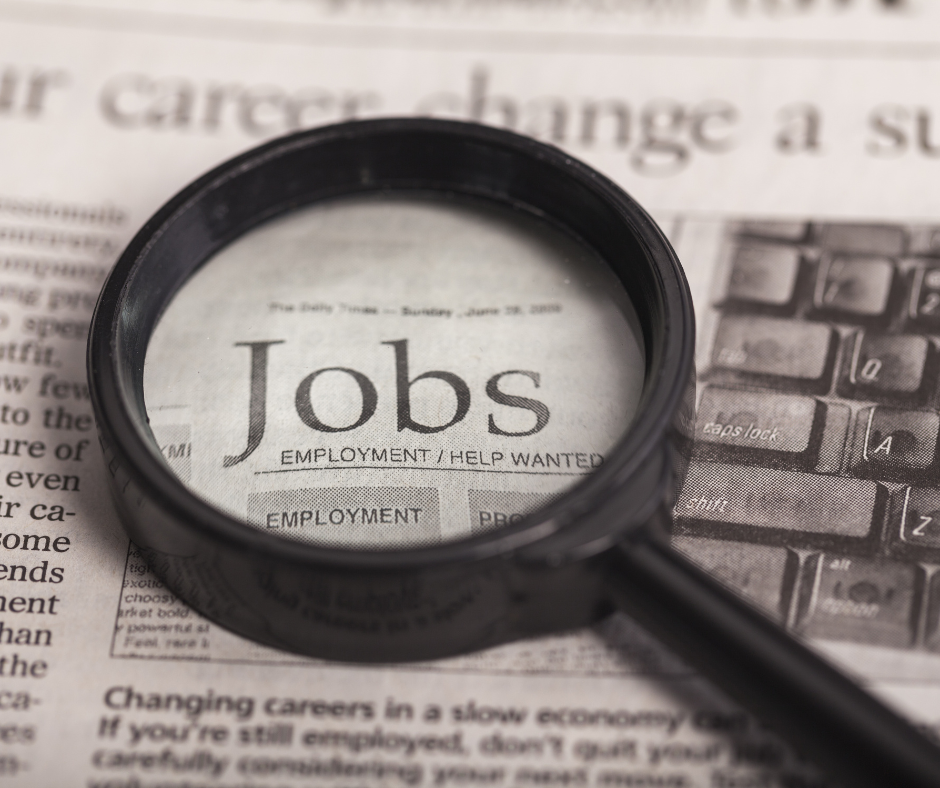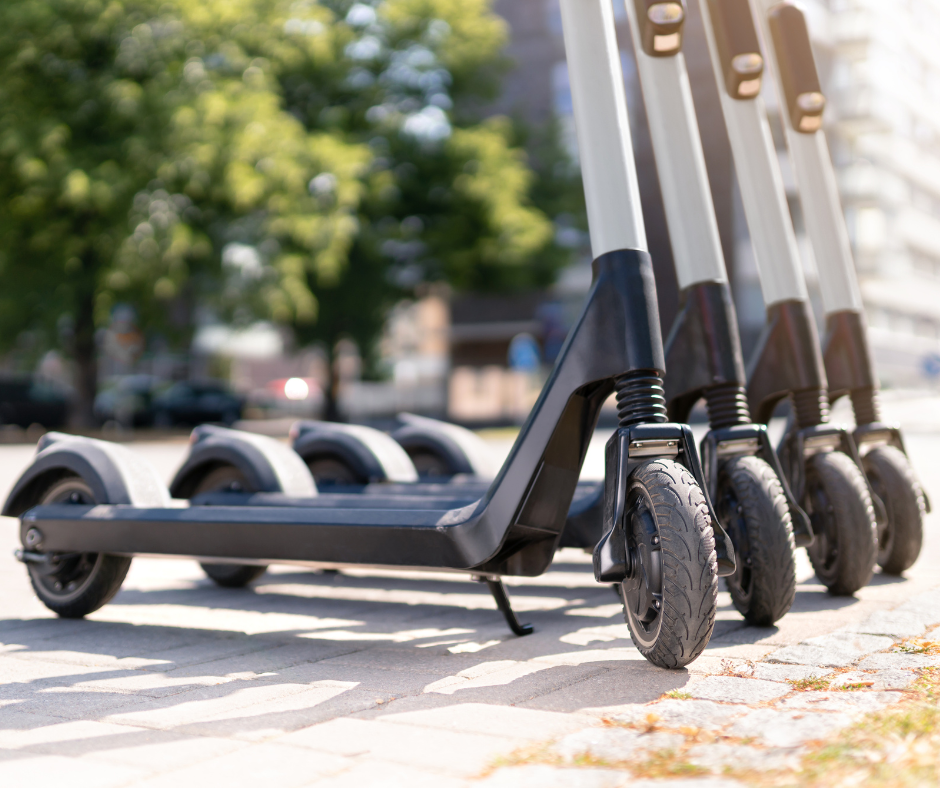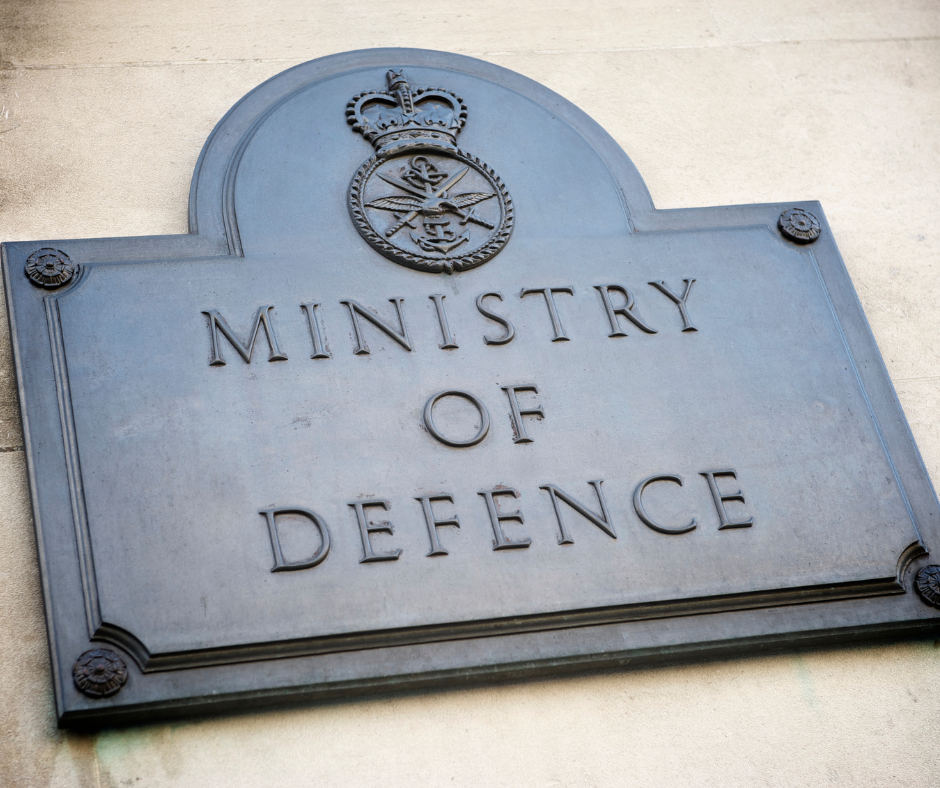Wellbeing requires definition to help employers, report says
 Lack of definition around wellbeing hinders employers’ efforts to support workforce, new study finds.
Lack of definition around wellbeing hinders employers’ efforts to support workforce, new study finds.
The lack of an agreed definition of wellbeing, and no shared way to quantify it or measure interventions to improve it, is holding employers back from supporting workers’ wellbeing, new research has revealed.
The study, Being Well in a Changing World produced in collaboration between the British Safety Council and the Institute of Occupational Medicine, sets out to identify and examine current practices that employers are implementing to improve the wellbeing of their workforceIt found that there is no consistent definition of wellbeing across both academic and industry sources, organisations are not consistently measuring wellbeing and there is a need for a more inclusive and targeted approach.
While the majority (87%) of employers’ wellbeing strategies are grounded in health and safety, a disconnect exists between what is known about wellbeing and what is being applied.
Read more on the SHP website.
Industry responds to Employment Rights Bill
 Ministers have unveiled the Employment Rights Bill, which will give worker’s more rights and will tackle poor working conditions. Here are some comments from industry bodies and companies.
Ministers have unveiled the Employment Rights Bill, which will give worker’s more rights and will tackle poor working conditions. Here are some comments from industry bodies and companies.
Ruth Wilkinson, head of policy and public affairs at the Institution of Occupational Safety and Health (IOSH) said, “The Employment Rights Bill has the potential to be a watershed moment for the UK but there are some gaps that must be addressed to truly get our economy back on track.
“Legislation on exploitative zero-hours contracts and strengthening employees’ rights to request flexible working are long overdue, as are establishing day one rights to sick pay.
“We are keen, however, for the right to “switch off” from work communications to be brought into the Bill, to prevent the boundary between people’s work and personal lives from remaining blurred. So today, on World Mental Health Day 2024, we call for greater clarification to stop people from having to be ‘always on’ or work long, onerous shifts or additional hours, something which risk harming their physical and mental health. ”
For more on the Bill visit the HSM website.
Safety campaign around lithium-ion batteries gains further support
 More organisations have added their voice to a campaign calling for new laws to help prevent fires in the batteries used in some electric cars, e-scooters and e-bikes.
More organisations have added their voice to a campaign calling for new laws to help prevent fires in the batteries used in some electric cars, e-scooters and e-bikes.
Now more than 85 organisations across the country have joined in with Electrical Safety First’s ‘Battery Breakdown’ campaign around the use of lithium-ion batteries.
The latest organisation to add its voice to the cause is the Chartered Institute of Environmental Health (CIEH) which said there has been an ‘alarming rise’ of fires with ‘devastating consequences’.
Fran McCloskey, Chief Executive Officer of the CIEH, said: “We are delighted to join key partners in supporting Electrical Safety First’s Battery Breakdown Campaign and look forward to working alongside them to minimise the devastating consequences of lithium-ion battery fires.
Visit the SHP website to learn more.
Crown Censure issued following death of soldier
 The Health and Safety Executive (HSE) has on, Thursday 3 October, issued the Ministry of Defence (MoD) with a Crown Censure following the death of a reservist soldier in Yorkshire.
The Health and Safety Executive (HSE) has on, Thursday 3 October, issued the Ministry of Defence (MoD) with a Crown Censure following the death of a reservist soldier in Yorkshire.
Staff Sergeant John McKelvie of Drongan in Ayr, was killed after the Jackal vehicle he was driving rolled multiple times down a steep hill at Catterick Training Area on 29 January 2019.
At the time of the incident, the 51-year-old had been taking part in Jackal driver training with five other Army reservists. The off-road aspect of the training included a number of ascents and descents of steep inclines either side of a valley on land known as ‘The Land of Nod’. It was when attempting one of these ascents that the Jackal lost traction and rolled backwards, throwing one of the course leaders from the vehicle as it did so. Staff Sergeant McKelvie remained in the vehicle suffering serious injuries as it rolled. Despite being airlifted to hospital, he died six days later.
For more on the incident, visit the HSM website.
To keep up to date with the latest health & safety news and advice, follow us on social media:
